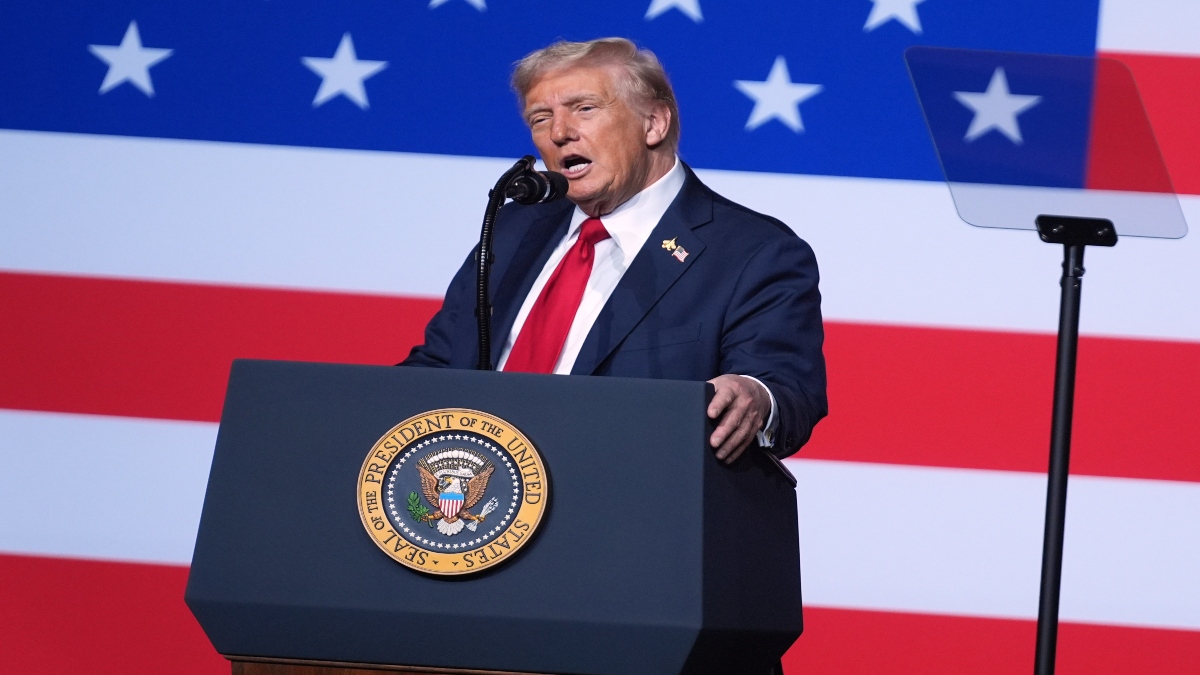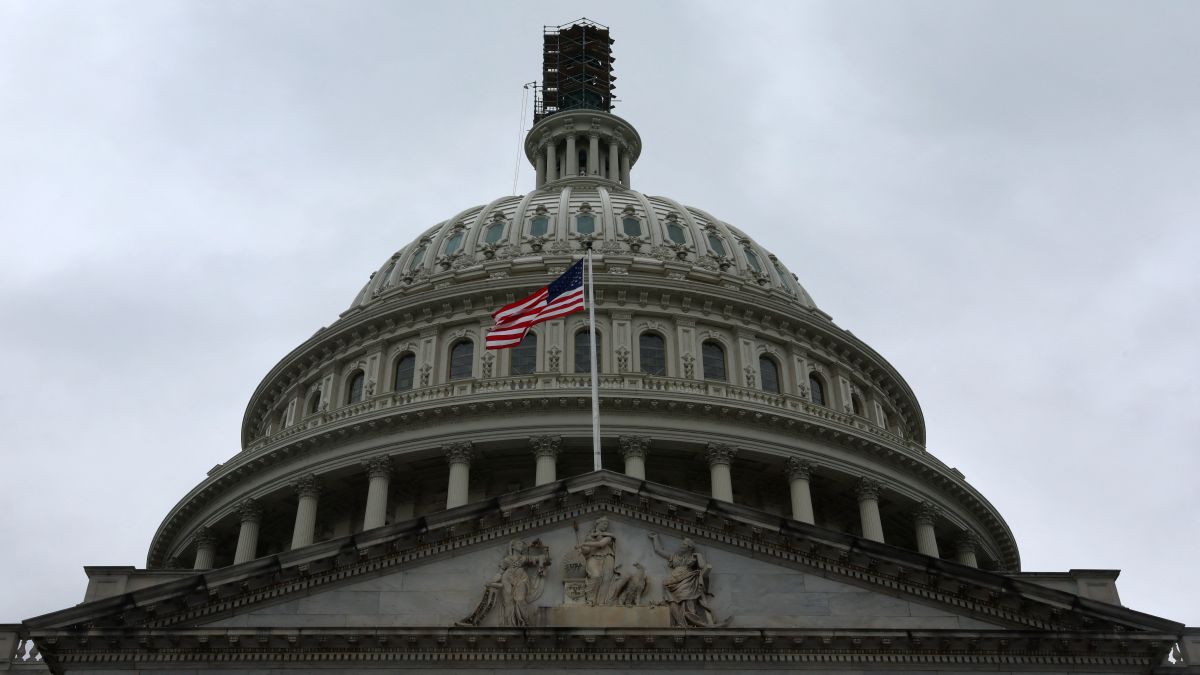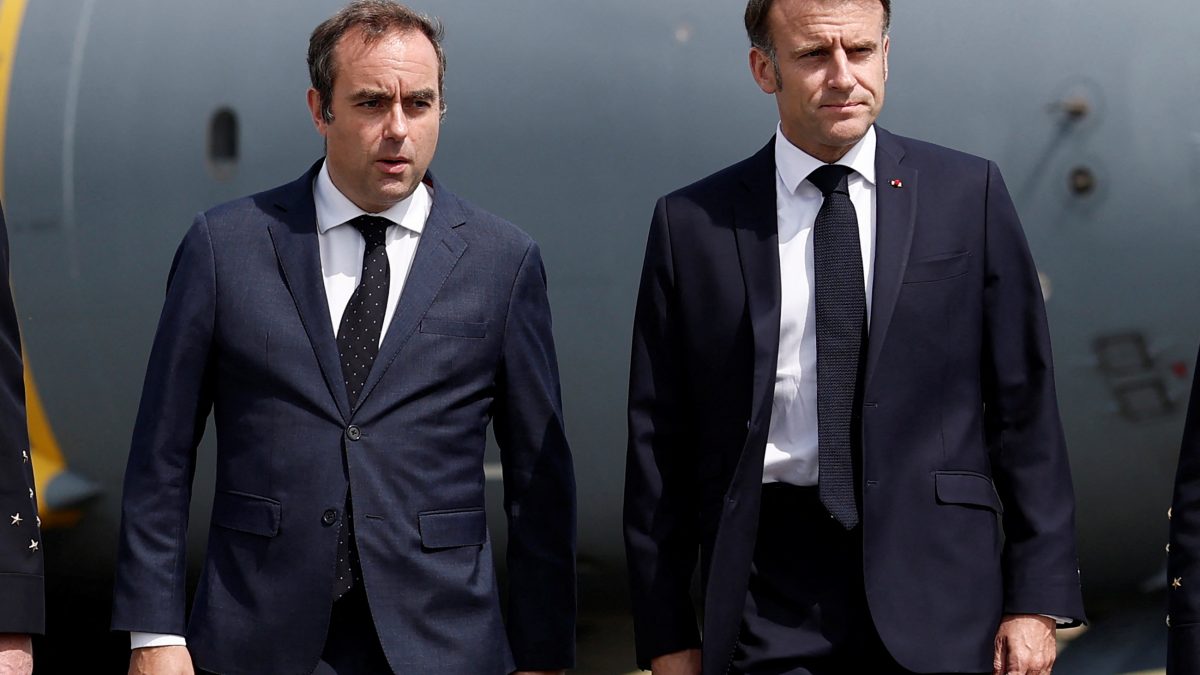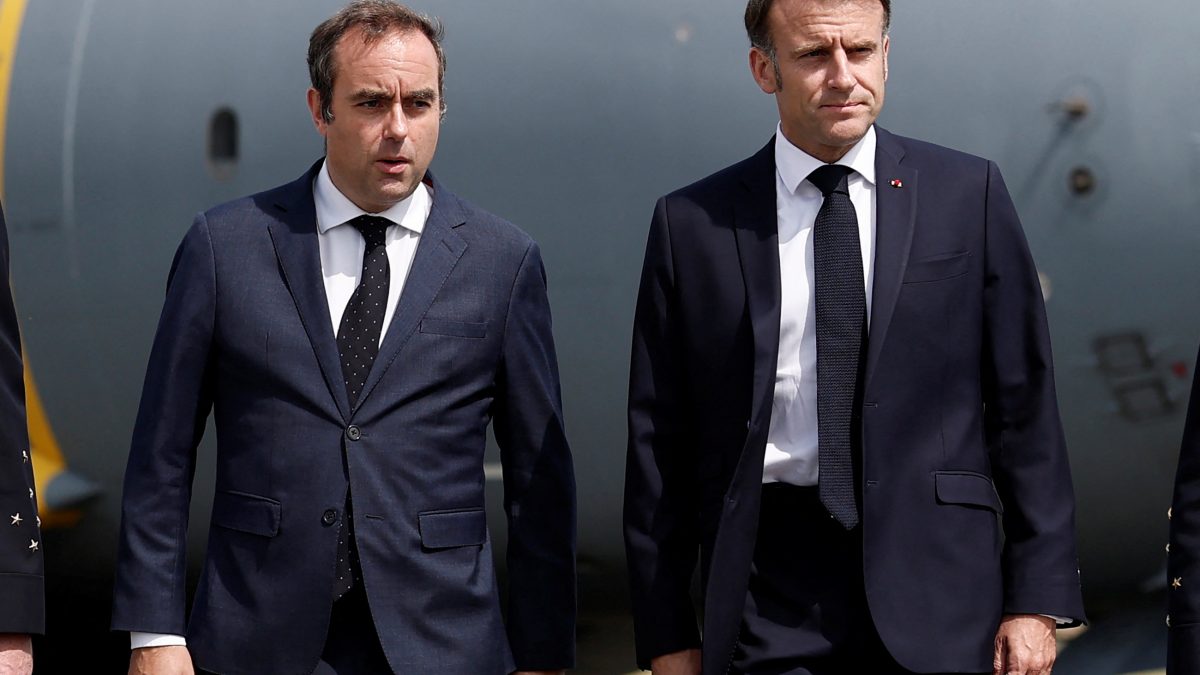Confidence among Trump supporters about the country’s direction has fallen, with polls showing a ten-point negative swing in approval of his handling of the US economy, Newsweek reported.
As the US President continues to push his tariff-driven trade agenda, the broader economy — particularly the agriculture sector — is feeling the pressure.
Most Americans rate the economy poorly
Nearly three-quarters of Americans believe economic conditions are either poor or fair, according to a new Pew Research Center poll.
Seventy-six per cent of respondents shared this view, slightly higher than seventy-two per cent in January 2024. Only twenty-four per cent described the economy as good or excellent.
Rising costs driving pessimism
Rising expenses are fuelling public frustration. Forty-two per cent of respondents cited personal costs as the main reason for their pessimism, followed by high inflation at seventeen per cent, the cost of living at nine per cent, and food and grocery prices at six per cent.
More than half of respondents — fifty-three per cent — said President Trump’s economic policies have made conditions worse. Twenty-two per cent said his policies have had little impact, while twenty-four per cent said they have improved the economy.
Falling optimism and political blame
Forty-six per cent expect the economy to worsen by next year. Pew noted that the decline in optimism is largely driven by Republicans, though they remain more upbeat than Democrats overall.
The poll coincides with declining approval ratings for Trump. A Marquette University survey this week placed his approval at forty-three per cent — the lowest point of his second term. Meanwhile, a Washington Post poll found that forty-seven per cent of Americans blame Trump and congressional Republicans for the ongoing government shutdown, compared with thirty-three per cent who blame Democrats.
Pew conducted its survey between 22 and 28 September, polling 3,445 adults with a margin of error of 1.9 percentage points.
Economy feels the pinch
American farmers are among the hardest hit. Rising costs, labour shortages, and falling commodity prices have deepened the impact of Trump’s trade war. According to the Agriculture Department, farm production expenses are expected to reach $467.4 billion in 2025 — up $12 billion from last year. Farm bankruptcies have climbed to their highest level since 2021. CNN reported that the White House is preparing a multi-billion-dollar bailout to ease the pressure on farmers.
Polls show growing Republican unease
Polling data reflects growing concern among Trump supporters. A YouGov/Economist survey found that the share of voters who believe the country is on the right track fell from seventy-five per cent in early September to seventy per cent by the end of the month, while those saying it’s on the wrong track rose from seventeen per cent to twenty-two per cent.
Similar patterns appear across other surveys. Gallup reported that optimism among Republicans fell from seventy-six per cent in August to sixty-eight per cent in September. An AP-NORC poll found that the number of Republicans who think the US is headed in the wrong direction jumped from twenty-nine per cent in June to fifty-one per cent in September — including a sharp rise among those under forty-five, where the figure soared to sixty-one per cent. A Marquette poll also showed satisfaction dropping from seventy-nine per cent in July to seventy per cent in September.
Impact Shorts
More ShortsA turbulent month for the White House
The downturn in sentiment follows a chaotic month for the Trump administration, marked by the killing of conservative activist Charlie Kirk, backlash over ABC News pulling Jimmy Kimmel’s show after his comments about Kirk, and a government shutdown that has intensified public frustration. Top Republicans warned on 5 October that the effects of the shutdown will soon be felt more widely as federal services remain suspended.
Republicans blame the left for rising violence
A Marquette survey found that while most Republicans see political violence as a serious problem, they overwhelmingly blame the left. Fifty-seven per cent identified left-wing violence as the greater threat, compared to only three per cent who pointed to right-wing violence. Just thirty-nine per cent of Republicans believe heated political rhetoric fuels violence, compared with sixty-three per cent of Democrats.
Kirk’s killing shifts national priorities
Gallup data suggests Kirk’s assassination has altered Americans’ sense of national priorities. Mentions of crime or violence as the country’s top issue rose from three per cent in August to eight per cent in September — the highest level in five years.
Concern over national unity also doubled to ten per cent, the highest since the January 6 aftermath.


)

)
)
)
)
)
)
)
)



